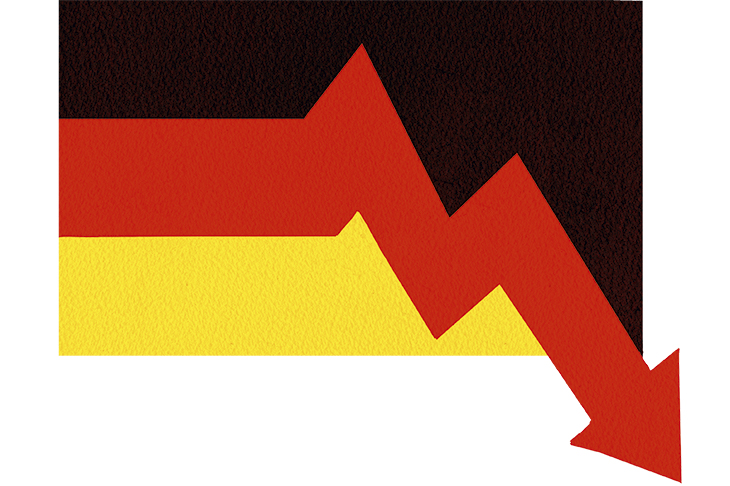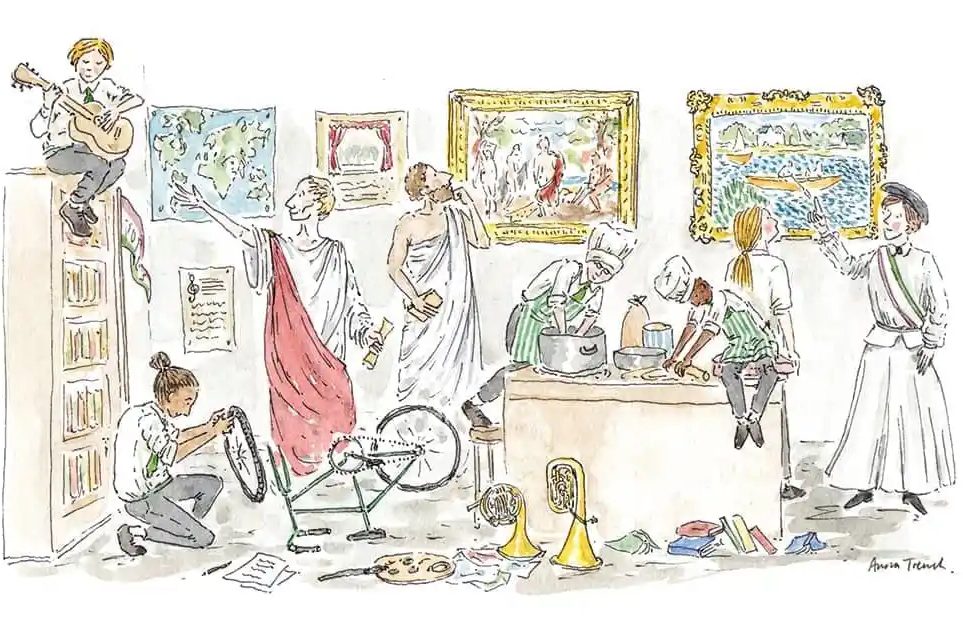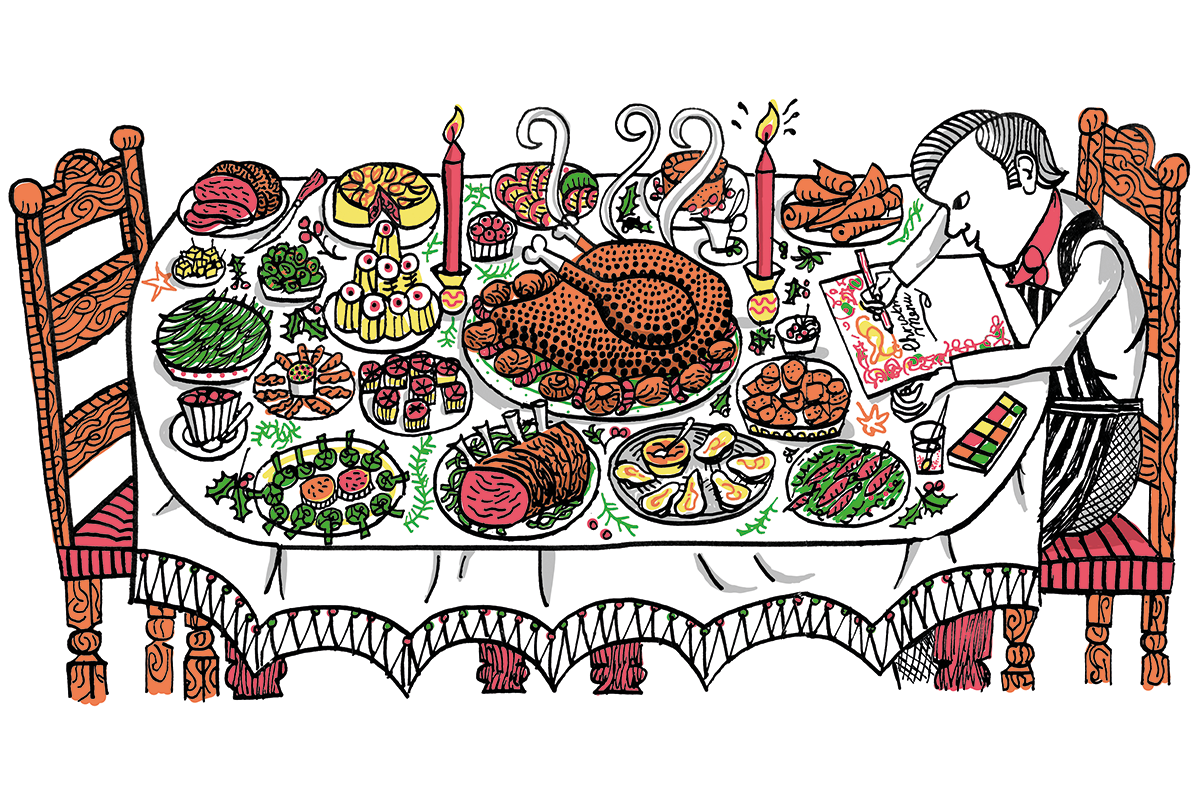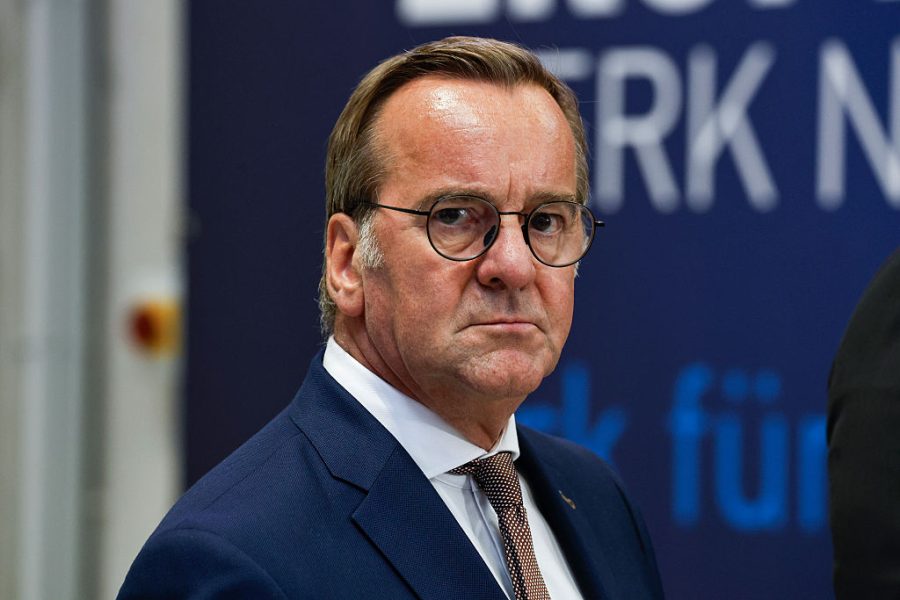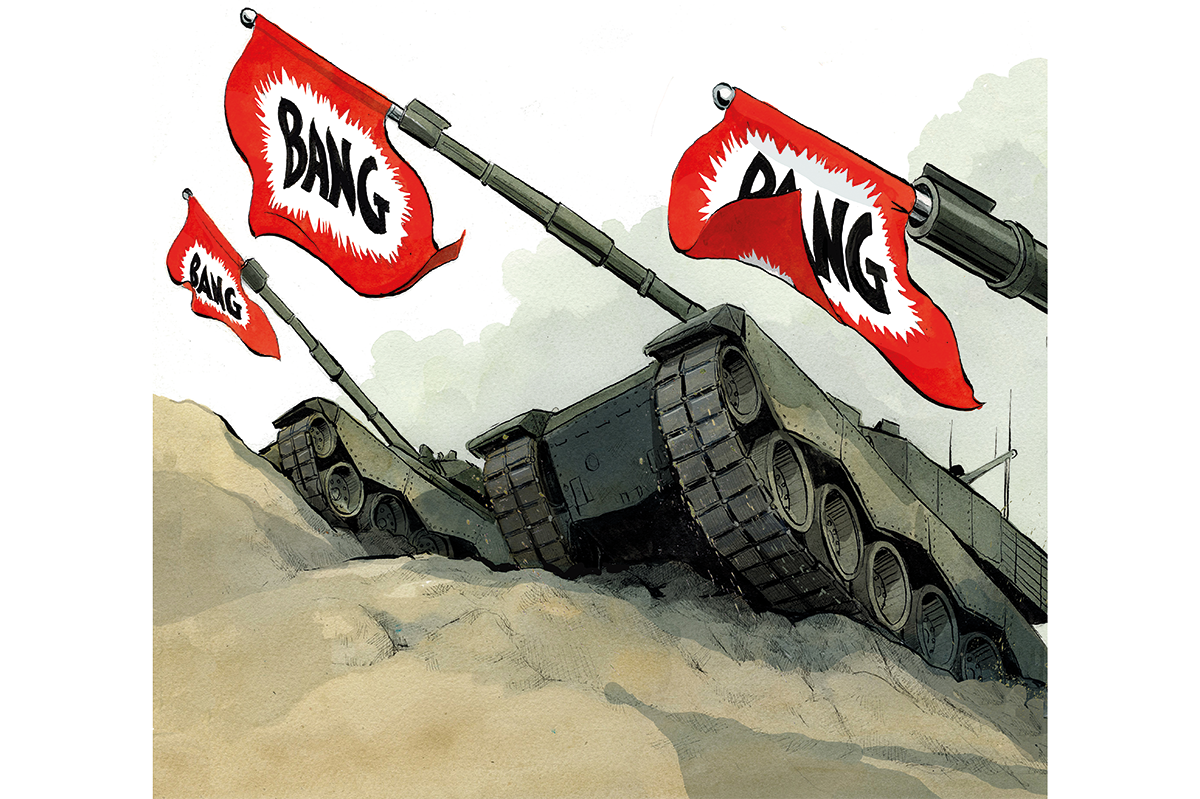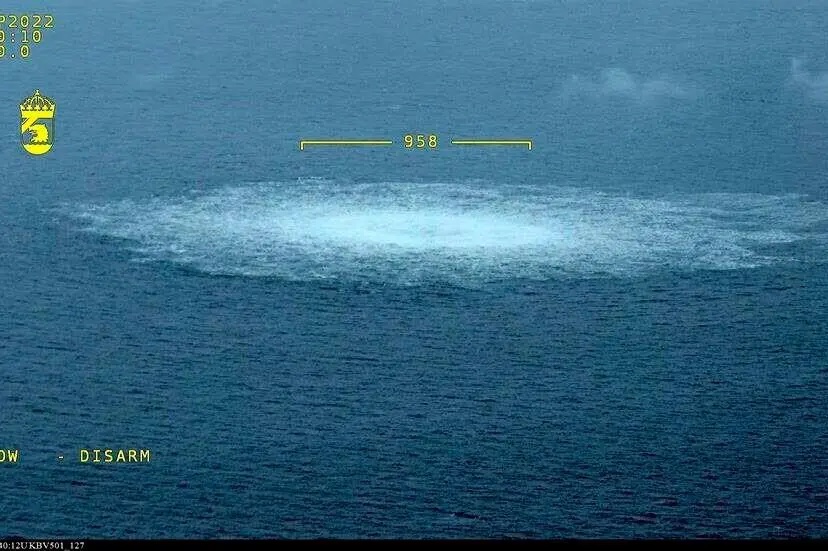Over the last 15 years Germany has come to be seen by many in Europe as a paragon of political stability. Whereas other countries have suffered rising unemployment, unmanageable levels of public debt or a rising wave of far-right support, Germany’s perennial chancellor Angela Merkel demonstrated that her talents as a political fixer were superior to any challenge. Never very keen on taking the long-term view of politics, she cultivated the most essential art of politics: survival.
There were certainly moments of real danger for her. The euro and migrant crises triggered discontent both in her party and the electorate at large. But she never lost her nerve and in the end she was always able to sit the challenges out. Of course a price had to be paid for such triumphs. Although she fought a long series of rearguard actions against all attempts to fully mutualize Eurozone public debt, she ultimately lost the war against a French-led coalition of southern countries without being able to extract any significant concessions in return. The EU acquired the right to take out loans on its own and it is doubtful that this Pandora’s Box can ever be closed again.
Merkel never tried to reform Germany’s very liberal asylum arrangements (although she did cut deals with Turkey and others) and she refused to address immigration concerns in public. If there is another refugee crisis this winter — this time fleeing Afghans — it is all too likely that we will see a repeat of what happened six years ago. That might even revive the fortunes of the right-wing Alternative for Deutschland, a party unsurpassed in its talent for internecine conflict and now more than ever dominated by fruitcakes.
If Merkel is unlucky she may still be in charge of a caretaker government if coalition talks stall after September’s elections. The outcome is increasingly unpredictable. Today’s electorate is given to sudden and volatile swings of mood. Although Germany’s answer to Britain’s Labour party, the SPD, has seemingly been in terminal decline, it now even looks possible that a new government will be led by Olaf Scholz, the SPD’s candidate for the chancellorship. He seems to be more popular than his rivals Armin Laschet (CDU) and Annalena Baerbock (the Greens) if opinion polls can be trusted — although ‘none of the above’ is still the favorite among a large section of the electorate.
Scholz’s greatest advantage is that he seems serious-minded and respectable in comparison to the buffoonish Laschet or the completely inexperienced and naive Baerbock. Moreover Scholz is pleasantly boring — something that is very much appreciated by the majority of German voters. Nevertheless Scholz’s supreme talent is to sell fairytales to the voters, although there is certainly a great deal of competition in this line of business in German politics. The greatest of these fairytales is the narrative that Germany is a rich country that will always have enough money for whatever challenges it faces. Getting rid of fossil fuels (without relying on nuclear energy) is apparently no problem. Financing an ever costlier welfare state — again no problem, despite a rapidly aging population. Supporting other European countries through mostly unconditional financial transfers, no problem, after all we Germans are rich and prosperous.
Scholz is perhaps the ideal man to run the Ponzi scheme that German fiscal policy increasingly looks set to degenerate into. It does not take much imagination however to predict that the Germans are in for a rough awakening, belt-tightening will be inevitable. This is a problem that will likely be exacerbated by rising inflation in a country where fewer people than almost anywhere else in Europe own real estate — many rely on savings accounts that these days yield no interest. What Germany would really need now is a politician prepared to speak truth to the electorate and address the real problems.
Friedrich Merz, Merkel’s old enemy, might have been such a man. But partly due to his own behavior and partly because CDU grandees feared he’d threaten their patronage networks, Armin Laschet, a political ham-actor of doubtful talents, managed to defeat him. So whoever becomes chancellor in the coming months, Germany will in all likelihood enjoy very little real leadership.
Politicians will try to prop up the facade of cross-party consensus that Merkel did such a lot to construct, despite growing conflicts of interest in society and the impending culture wars that will inevitably reach Germany like most western countries. This will make for weak government. Such weakness may initially be seen as a great advantage by Germany’s partners and rivals in the EU, in Paris and Rome in particular. But a Germany without clear direction, adrift in a sea of voter apathy without sight of a solid mooring, could drag the rest of Europe with her.
This article was originally published on The Spectator’s UK website.



